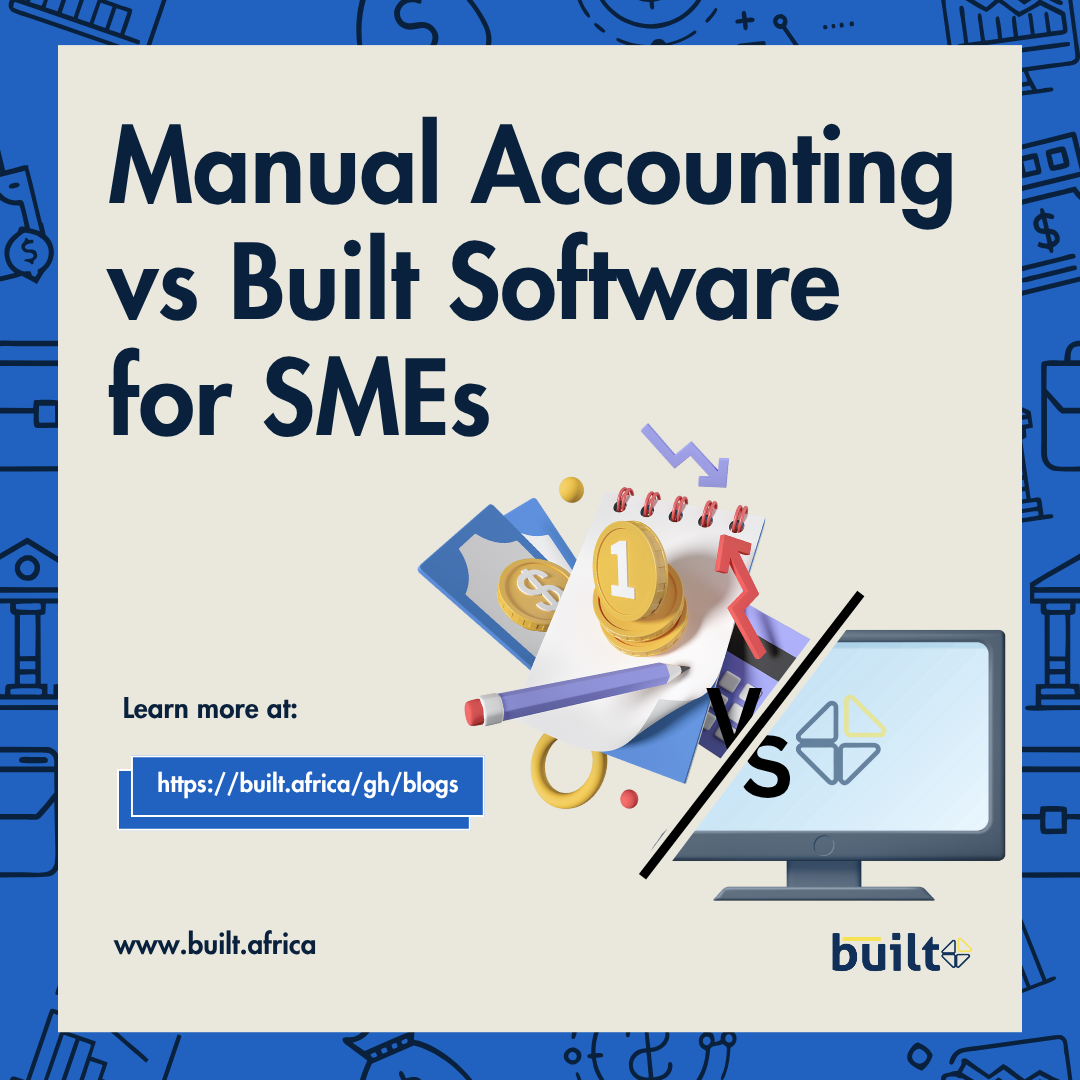
World Bank: Ghana Needs Reforms to Boost Jobs and Growth
29 Aug, 2025
Built Editorial
02 Sep, 2024

Understanding bank reconciliation statements is key to keeping your financial records accurate.
This article will show you the basics of bank reconciliation, including how to compare your bank statement with your own records, spot any differences, and make the needed changes.
Bank reconciliation is the process of comparing the balance in your records with the balance on your bank statement. The goal is to identify and correct any discrepancies between the two balances. These discrepancies might arise from outstanding checks, bank fees, direct deposits, errors, and more.
The bank reconciliation statement is the document that summarizes this process. It shows any discrepancies between the two balances and explains why they occurred. The statement also includes endorsements from the accountant and management.
Bank reconciliation is a fundamental aspect of financial management for both individuals and businesses and here are several key reasons why bank reconciliation is important:
One of the primary reasons for performing bank reconciliations is to ensure that your financial records are accurate. Regular reconciliation helps keep your financial records accurate. It identifies and corrects discrepancies, so your records reflect your true financial position.
A detailed reconciliation can reveal fraudulent activities. For instance, if a company has issued a check for GHS 550 to a mechanical repair company but notices a debit of GHS 650 on its bank statement for the same transaction, it raises an immediate red flag.
Regular reconciliation helps businesses track the inflow and outflow of money in their accounts. Understanding your actual bank balance allows you to manage cash flow more efficiently, ensuring you have enough funds to meet obligations, avoid overdrafts, and plan for future expenses.
Accurate financial records are essential for regulatory compliance. Regular reconciliation helps ensure your records are correct and complete, avoiding legal issues.


29 Aug, 2025

13 Aug, 2025

28 Jul, 2025

25 Jul, 2025

09 Jul, 2025

09 Jul, 2025

01 Jul, 2025

03 Jun, 2025

30 Apr, 2025